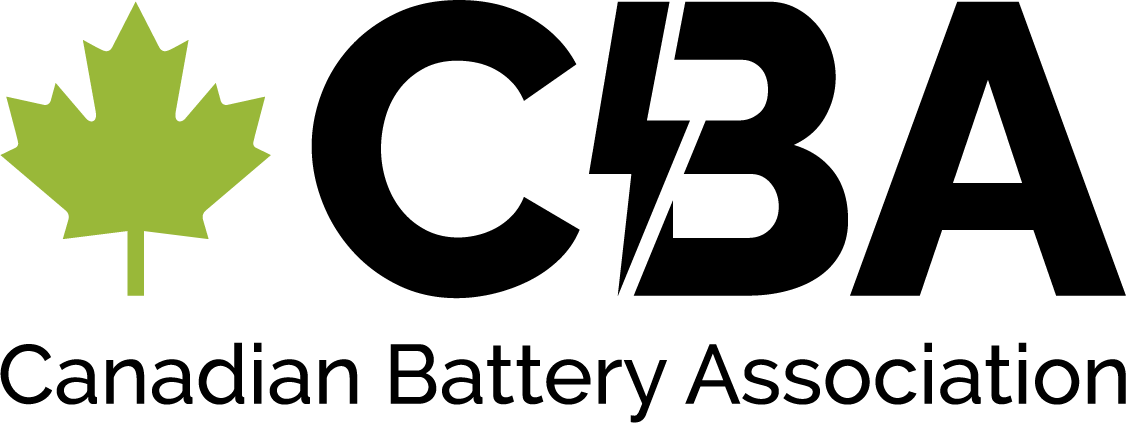Lead Batteries
– Canada’s Most Recycled Consumer Product –
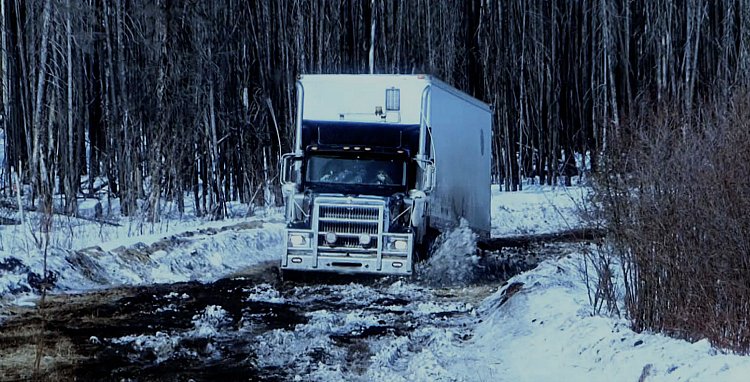
March 18, 2022 is Global Recycling Day, and we’re recognizing the dedication of communities and the industry that recover and recycle over 99% of lead batteries – a circular economy that represents the most recycled consumer product in North America.
Throughout Canada, there is an efficient coast-to-coast recycling network that collects, and transports lead batteries for processing and re-manufacturing into new lead batteries. But in the remote areas of Canada, the recovery of lead batteries is more challenging, and a new program for remote communities by the Canadian Battery Association (CBA) demonstrates the lead battery industry’s commitment to the sustainable and responsible stewardship of lead batteries from coast to coast to coast.
To expand the circular economy for lead batteries to Canada’s remote communities, the CBA piloted a backhaul program in partnership with nine other Stewardship Programs and 5 northern Manitoba First Nation communities. The backhaul program has been successful with approximately 30,000kg of lead batteries collected and transported over the past three winter road seasons – a remarkable achievement considering a pandemic locked down the communities for most of that period, and 2021 was a warm winter with a limited window for winter-road backhauls.”
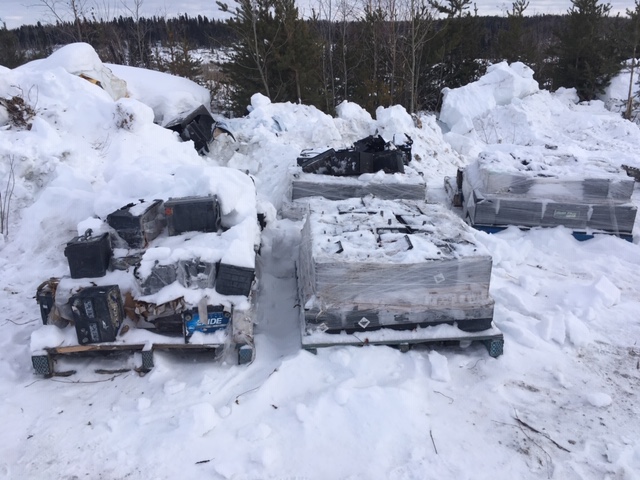
The workers in the remote communities that collect and prepare the batteries for transport are amazing – they work hard to ensure the safe collection and transport of lead batteries with very limited infrastructure and under difficult winter conditions.
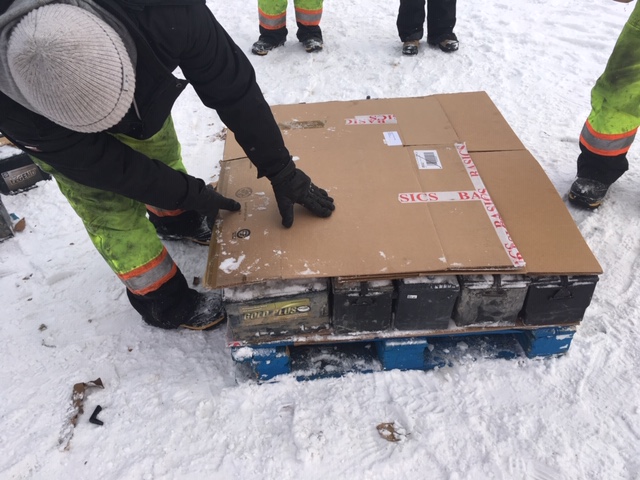
Lead batteries by their nature are heavy and the option of airlifting end-of-life batteries during the summer is not allowed under IATA rules nor cost effective; and to leave them in the community is not environmentally or socially acceptable as lead can contaminate drinking water and impact wildlife. That’s where CBA’s program enters the picture and provides the remote communities with technical requirements, backhaul supplies and logistics support.
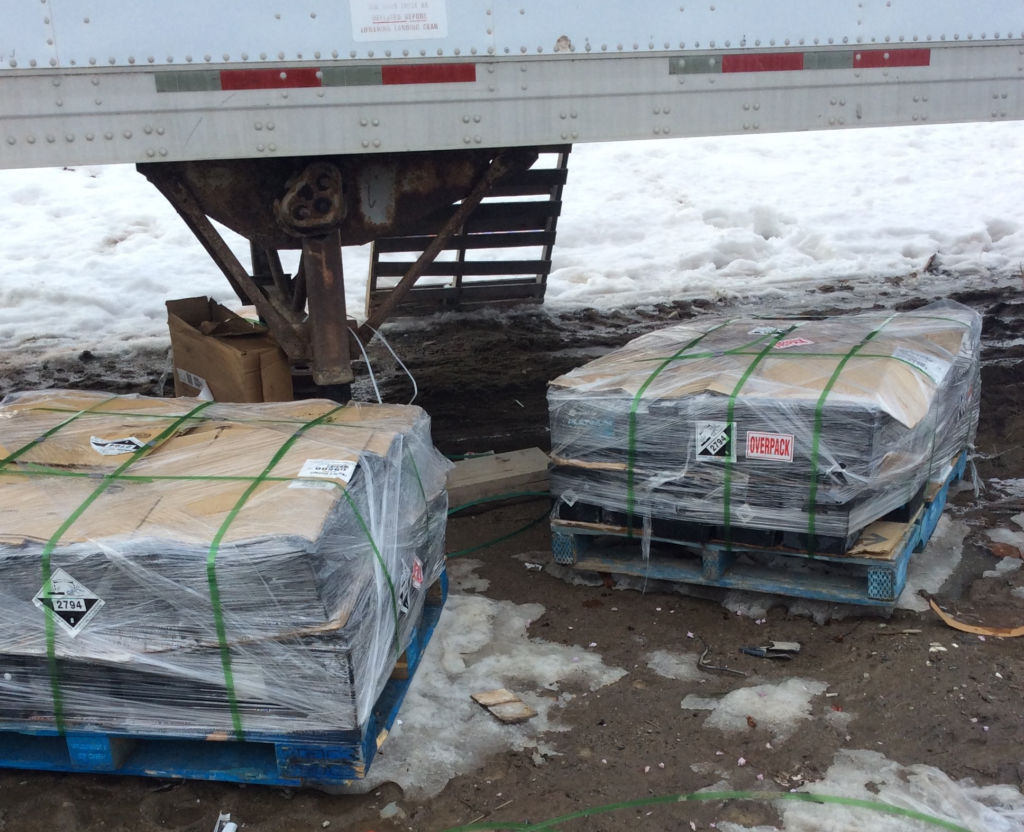
Happy Global Recycling Day!
Lead batteries’ components are 100% recyclable, and the amount of lead recovered can be infinitely recycled which means that 86% of the lead demand in North America is met by communities and lead battery recyclers from coast to coast to coast.
Bringing remote communities like those in northern Canada into the recycling process helps move the industry even closer to the goal of 100% recycling of lead batteries – that’s certainly something to celebrate.
For more information about the CBA and its programs, email us at info@canadianbatteryassociation.ca
Acknowledgements: Original article prepared by Lisa Dry, Battery Council International and posted to Essential Energy blog. Photos taken by the St Theresa Point First Nation in Manitoba
